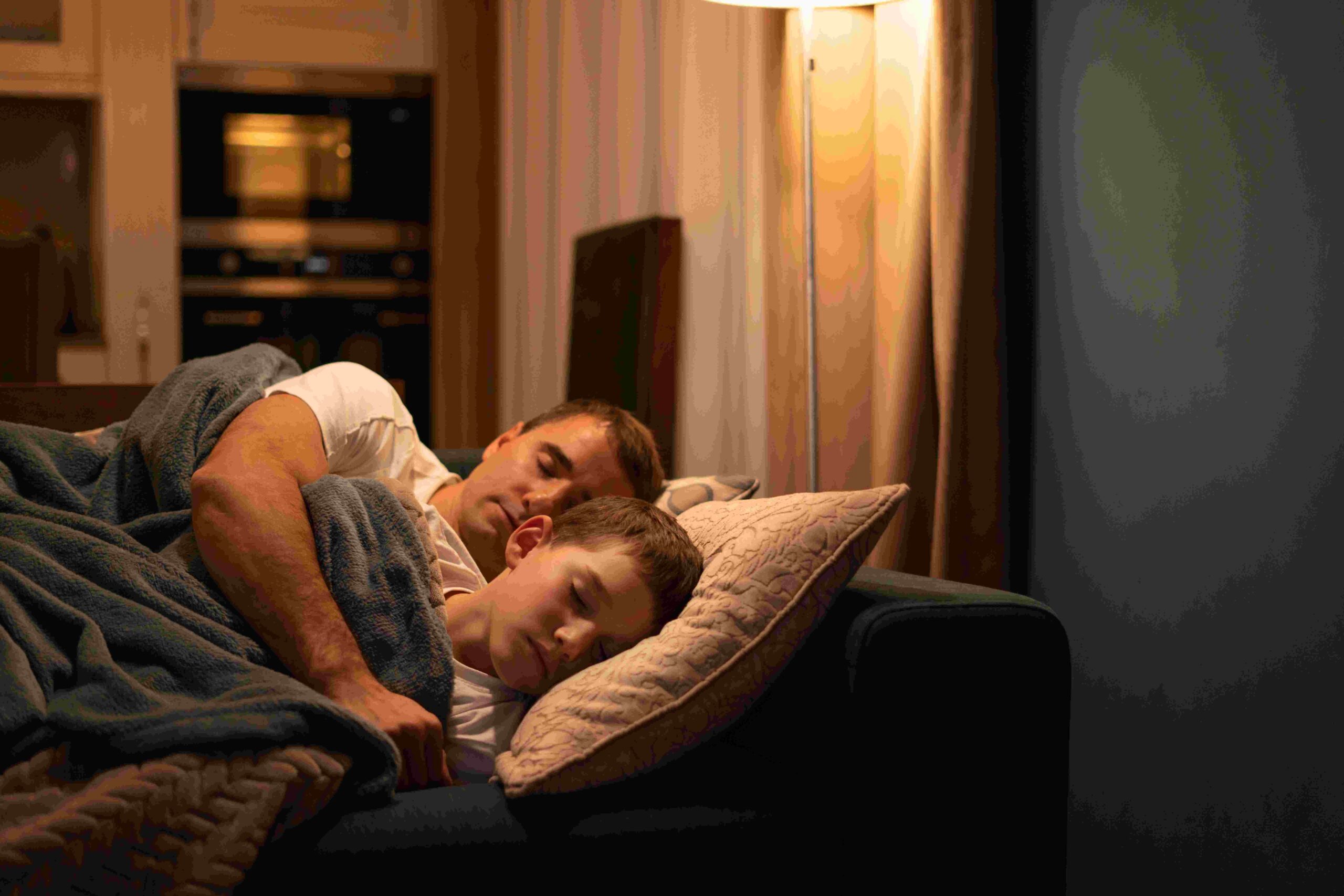Have you ever wondered why did parents put their children to sleep at 8 pm so insistently? No TV, no snacks, no last-minute story—just lights out. If you’re a parent yourself now, maybe you’ve found yourself doing the exact same thing. But was it just about peace and quiet, or was there more to it?
In this article, we’re diving into the history, science, and parenting psychology behind early bedtimes. Whether you’re a nostalgic millennial or a modern-day parent trying to figure out the best routine for your kids, this read will offer valuable insights.
The Importance of Sleep in Childhood
One thing’s for sure—children need sleep. According to the CDC, kids aged 3–5 should get 10–13 hours of sleep per day, while those aged 6–12 need 9–12 hours. Sleep is crucial for:
- Brain development
- Emotional regulation
- Physical growth
- Immune system health
When kids go to bed at 8 PM and wake up around 6 or 7 AM, they’re more likely to meet those daily sleep needs without struggle.
Establishing Routine for Better Behavior
Early bedtimes weren’t just about the sleep—they were about the routine. Parents knew that children thrive on structure. By setting a consistent bedtime, they were also creating a sense of security and discipline.
Kids who know what to expect are often:
- Less anxious
- Better behaved
- More focused during the day
Plus, routines make the entire household run more smoothly. No battles every night. Just brush teeth, story time, and sleep.
If you’re curious about how consistent routines also support mental wellness, CureMeDoc offers helpful resources on mental health awareness for all age groups.
Genius Bedtime Formula
Here’s a fascinating and little-known story: Tim Berners-Lee, the inventor of the World Wide Web, came from a family of brilliant minds. His mother, also a highly respected genius, created a simple formula to determine children’s bedtimes:
6 + (Y ÷ 4)
(Where Y is the child’s age.)
So, if your child is 6 years old:
6 + (6 ÷ 4) = 7.5 → That means bedtime is 7:30 PM.
An 8-year-old? Bedtime would be 8:00 PM. Genius, right?
This formula offers a practical balance. It ensures enough rest for the child’s age while giving parents a couple of hours of downtime. In fact, Berners-Lee once mentioned that he and his wife used this formula while raising their own children. Not just for the kids’ health, but for those quiet, much-needed child-free hours at the end of the day.
It’s proof that even in the most high-tech households, good sleep matters.
Time for Themselves
Let’s be real—after a long day of parenting, adults need their own time too. That sacred window between 8 PM and bedtime is often the only chance for parents to:
- Watch a show in peace
- Catch up on chores
- Connect with their partner
- Simply breathe
An early bedtime was never just for the kids—it was for parental sanity too. And no shame in that!
Screen-Free Evenings
Back in the day, the absence of smartphones and tablets made early bedtimes easier to enforce. But the principle remains. Reducing screen time before bed helps children fall asleep faster and improves sleep quality. Blue light from devices can:
- Disrupt melatonin production
- Delay sleep onset
- Reduce REM sleep
According to the Sleep Foundation, turning off screens at least an hour before bed is ideal. That’s another reason why 8 PM bedtimes worked so well—they aligned with the body’s natural wind-down period.
Synchronizing with Natural Rhythms
Humans are wired to sleep according to the circadian rhythm—a biological clock influenced by sunlight. Before electricity, families aligned their schedules with the sun. Even today, our internal clocks are still deeply affected by daylight. For kids, an 8 PM bedtime matches their natural melatonin rise, helping them fall asleep faster and sleep more soundly.
School Schedules and Early Mornings
Let’s not forget the school factor. Most schools start between 7:30 and 8:30 AM. That means kids need to wake up by 6 or 7. To ensure they get the recommended 9–12 hours of sleep, bedtime has to happen around 8 PM. Simple math, right?
When sleep needs aren’t met, it can lead to:
- Poor academic performance
- Behavioral issues
- Weakened immunity
- Mood swings
A consistent early bedtime was—and still is—one of the best tools for school readiness.
Healthier Eating and Digestion
Another subtle benefit of earlier bedtimes? Healthier eating habits. When dinner is served early and followed by bedtime within a couple of hours, it supports proper digestion. Late-night snacking can interfere with sleep and contribute to weight gain.
Parents of the past instinctively knew this: no meals or snacks close to bedtime. That dinner-bath-bed routine actually supported metabolic health!
Limiting Overstimulation
Let’s be honest—kids get overstimulated fast. Between school, extracurriculars, screen time, and sibling chaos, children need downtime. An 8 PM bedtime gave them a chance to disconnect from stimulation and recharge.
Overstimulation can lead to:
- Difficulty falling asleep
- Nightmares or night terrors
- Irritability
- Inability to focus the next day
By ending the day early, parents gave kids the mental reset they needed.
Generational Wisdom
Sometimes, it’s not just about science—it’s about what works. For decades, parents passed down the 8 PM bedtime rule simply because it got results. Kids were happier, parents were calmer, and mornings were smoother.
While today’s world is busier and louder than ever, some things remain timeless. And early bedtime? That might just be one of them.
Should We Still Follow the 8 PM Rule Today?
Now that we’ve explored why parents liked putting kids to bed at 8 PM, the big question is: Should we still follow this rule today?
Here’s the answer—it depends. Every child is different. Some kids may need more sleep, others a bit less. But aiming for a bedtime between 7:30 PM and 8:30 PM is still ideal for most school-aged children. Factors to consider:
- Wake-up time
- Sleep quality
- Energy levels during the day
- Emotional stability
If your child wakes up naturally and is alert, you’re probably on the right track. But if mornings are a constant battle, it might be time to move bedtime up a bit.
Final Thoughts
So, why did parents like to put their children to sleep as early as 8 PM? Because it made sense—for the child’s brain, body, and the whole household’s peace.
In a world filled with screens, stress, and busy schedules, returning to a simpler evening routine might be one of the healthiest things we can do for our kids (and ourselves). Early bedtimes are not about being strict—they’re about being intentional.
If you’re looking to support your child’s well-being beyond just sleep, browse through the parenting and wellness resources available at CureMeDoc.
Sahil Sachdeva is the Founder of curemedoc.com and a Digital Marketing professional with years of experience. If you need help in Content writing and want to increase your website ranking, connect with him, as he has some premium websites where you can share blogs with DoFollow links and increase your website’s ranking on Google.





